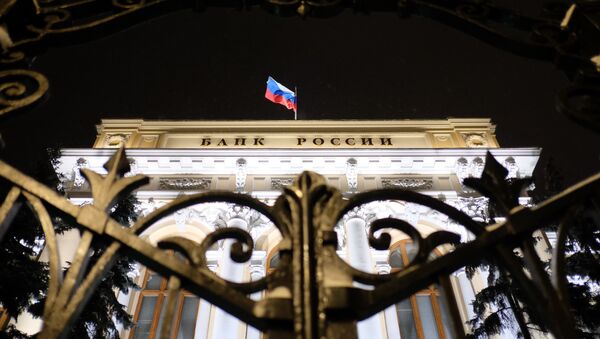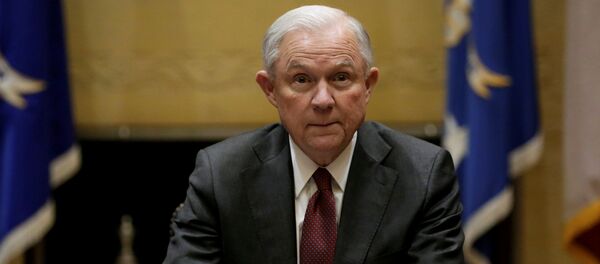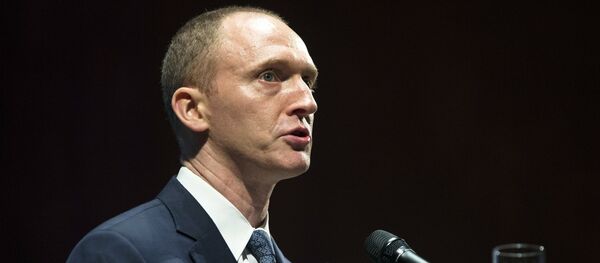Garland Nixon and Lee Stranahan of Sputnik Radio's Fault Lines spoke to Joe Lauria, the journalist who claims to have had his article deleted. Lauria, a veteran journalist currently affiliated with Consortium News, has also worked for major newspapers in four countries, perhaps most notably as the Wall Street Journal's correspondent to the United Nations.
The meat of the deleted essentially explained how "the Clinton campaign and the DNC, now we know they're the same thing, paid for the opposition research done by Christopher Steele, the former MI-6 agent," Lauria explained, referring to the infamous dodgy dossier alleging collusion between Donald Trump and Russian actors, as well as detailing the then-Republican candidate's sexual appetites.
"These two paid for opposition research, projects that are both unverified and largely discredited. [The research was] used as the basis, by the admission of both [former FBI Director] James Comey and [former DNI Director] James Clapper, for the infamous January 6 intelligence assessment by only three agencies and analysts, which claimed that Russia had hacked and influenced their election."
"Think about the fact that opposition research paid for by the Democrats lined up as the basis of a US intelligence agency's assessment," Lauria said. "Christopher Steele was an MI6 agent, but he was working in opposition research, which is totally different. What he writes is not verified by anybody — it is political dirt, and that dirt was turned into an assessment by an intelligence agency that Russia interfered with the election."
Having exposed some holes in the flimsy Russiagate narrative, said Lauria, he published the article. "I posted this article on November 7 to the Huffington Post website. I did that because I am a contributor, I've been 10 years a contributor at the Huffington Post. Their contributors are allowed, as it was in the early days of the Huffington Post, to post directly onto the website."
"An editor does review [the article] within 24 hours generally, and they decide whether it will be promoted [to the front page] or left alone. But sometimes, they will censor it! I found this out because 23 hours after I posted this article, and it was shared 121 times, it mysteriously disappeared. I found out from someone on Facebook — I did not hear a word from anyone at the Huffington Post."
This is, according to Lauria, quite the journalism no-no. "I have worked in journalism for a long, long time: six years as a correspondent to the Wall Street Journal, six years for the Boston Globe, 10 years at the Times of London as a reporter for their investigative unit. There's a newsroom rule, that when you fully retract an article, which is a serious step, you must contact the writer and find out what happened and give him a chance to defend it."
"That never happened. It was not due process, I never heard a word from them. The first thing I heard that was anything about why they did it was a BuzzFeed reporter posted on Twitter a statement that they gave him when he asked them why it was pulled down. And the statement says there were 'multiple factual inaccuracies and misleading claims.'"
Of course, the statement did not mention what these inaccuracies and misleading claims were. "So I wrote back to this reporter at BuzzFeed and asked him: 'Did you ask what those inaccuracies and misleading claims were?' He ignored me. I asked him if he would speak to me if he was going to write something about this to get my side of the story — he ignored me."
"This is about the story and not about me. They have nothing against me personally; they don't want this story up there… we can only conclude that, in the absence of any reason… this story challenged their religious beliefs in the Russiagate story. As all zealots do, they are resistant to facts and reason and sources that dissent about what they believe in. If someone attacks your religion, you are not going to listen to them. You aren't interested in the facts, and this is why it cannot appear on your website."





